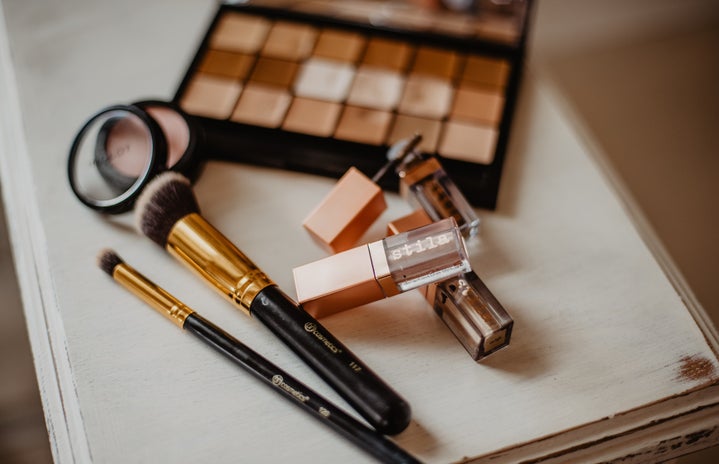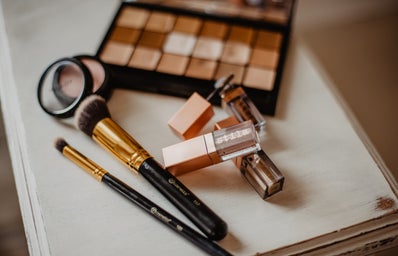As Women’s History Month is quickly coming to an end, each of us must walk away from the month with an improved understanding of women’s issues and topics. One that commonly targets women is the issue of beauty, more specifically, the industry that is attached to the concept of beauty. As difficult as it may be to accept, the beauty industry, which is about $382 billion globally, is an industry that thrives and profits off of insecurity, doubt, and low self-esteem. Though it has most certainly come a long way, it goes without saying that the impacts continue to be very real.
Self-Esteem
The issue of self-esteem is commonly associated with cosmetics and beauty. The stereotype that women who wear makeup are insecure or deceptive is beyond false, and this has been an idea brought to light fairly recently. However, using these products for the wrong reasons can cause significant damage, especially to younger women. In the cases where young women use cosmetics to hide or cover their insecurities, it results in dependence, worsening self-image, and pushing them to continue purchasing and using these products.
Self-Monitoring
Studies have shown that high levels of self-monitoring may influence the way women utilize these products. More specifically, those who had higher self-monitoring levels were also much more active in terms of makeup and their use. In other words, the study suggested that women who watch themselves more closely and change their behaviors based on situational factors are more likely to be involved with the cosmetic industry. This is important, as these women may be more susceptible to these dependencies on cosmetics.
Sexualized Advertising
Another important issue to address in the beauty industry is the problem with commercials and advertisements. Studies have indicated that the high level of sexualization in women’s advertisements can have significant negative effects on women. More specifically, the advertisements communicate a sense of beauty that is often unattainable, and this results in damage to body image, self-esteem, and mood. These advertisements not only cause a detriment to the woman’s sense of self, but coerce her into buying the displayed products in hopes of attaining the impossible sense of beauty shown. This creates a cycle of demand for beauty products and continuously hurts those who are stuck in it.
Disordered Habits
The concept of disordered habits is also relevant here, especially in the diet-focused part of the beauty industry. Teenagers are particularly susceptible, as studies have shown that 78 percent of teenage girls in America are unhappy with their bodies. The diet industry promotes falsehoods about weight gain and loss, and leads people to believe impossible “solutions” to what oftentimes is not a genuine problem. Diets have commonly led to the development of eating disorders, furthering the individual’s health and leading to lasting physical and psychological effects.
Potential Positives
Despite the various negative risks of the beauty industry, there are aspects of cosmetics and beauty that can be used positively. This comes with rejecting the ideas that the beauty industry promotes and instead reclaiming the products in ways that make you comfortable. Makeup and beauty products can be used to create a self-care routine and feel more in control of how you express yourself, which can have positive effects on overall mental health. The important part is reclaiming the idea of beauty for yourself, because at the end of the day, the beauty industry’s idea of beauty does not define us, and we’re all worth so much more.



